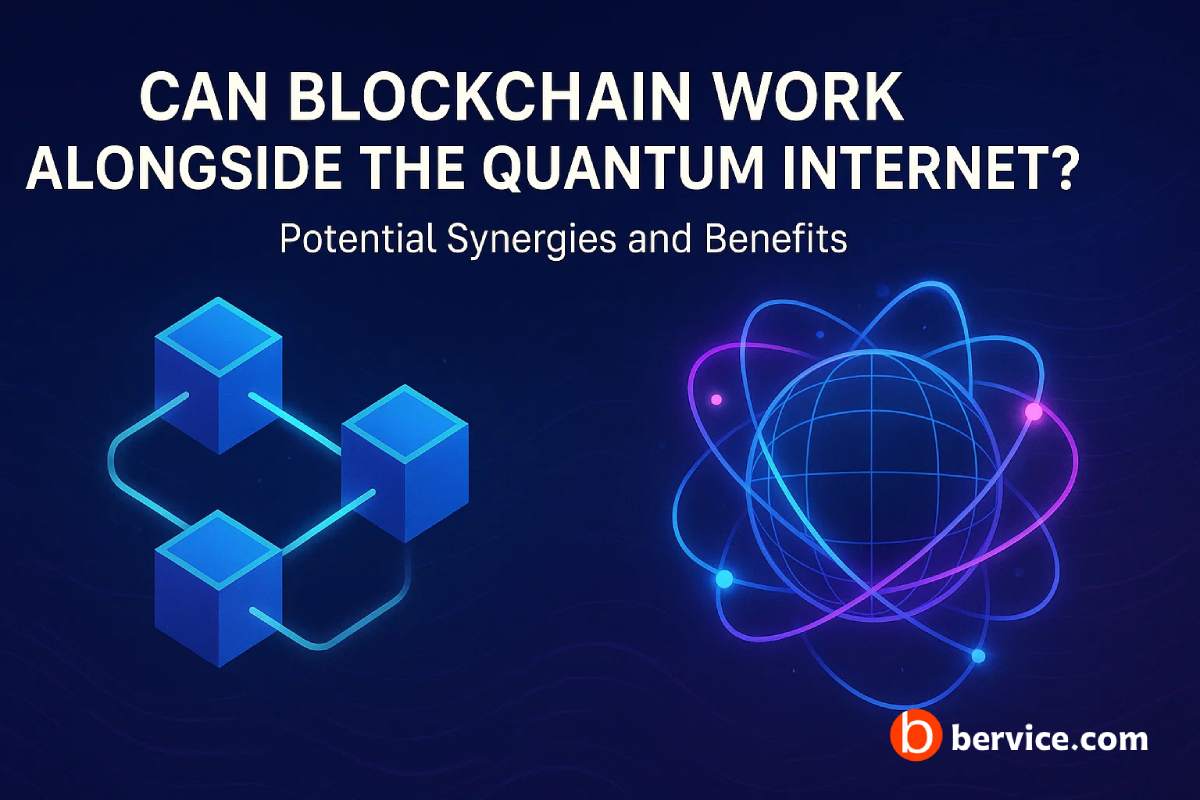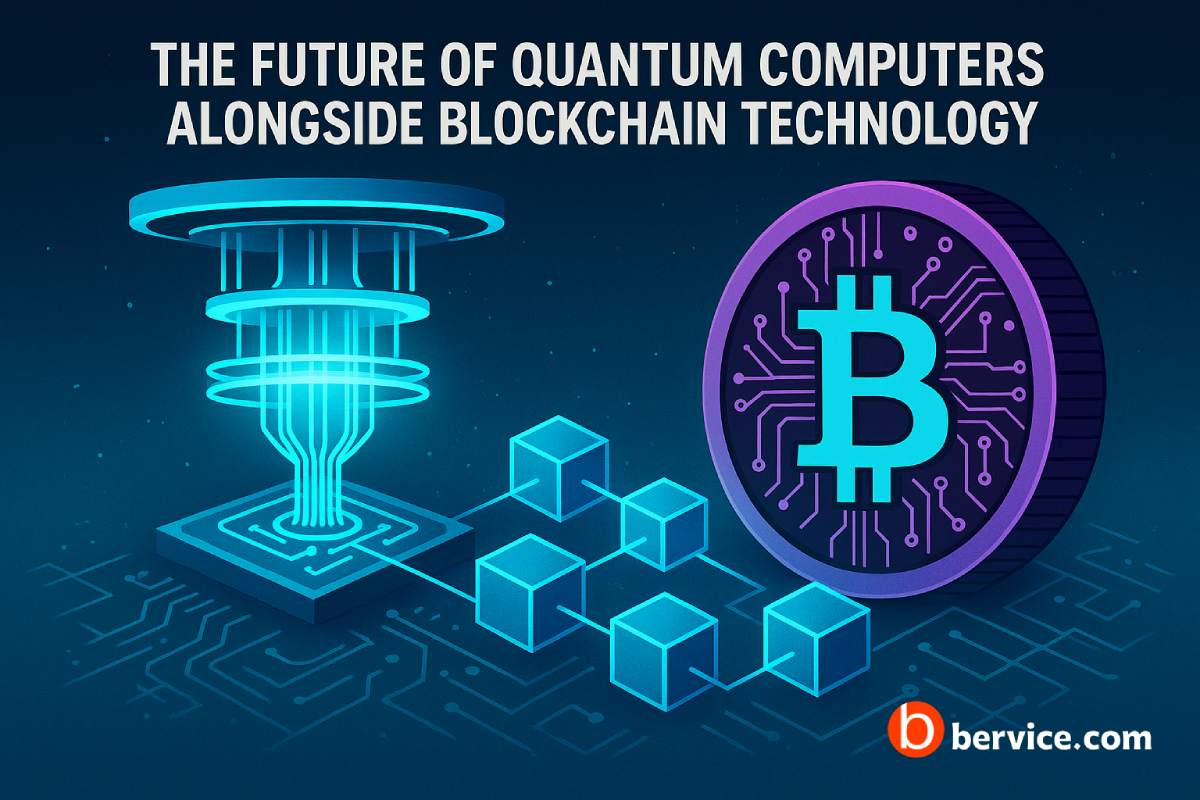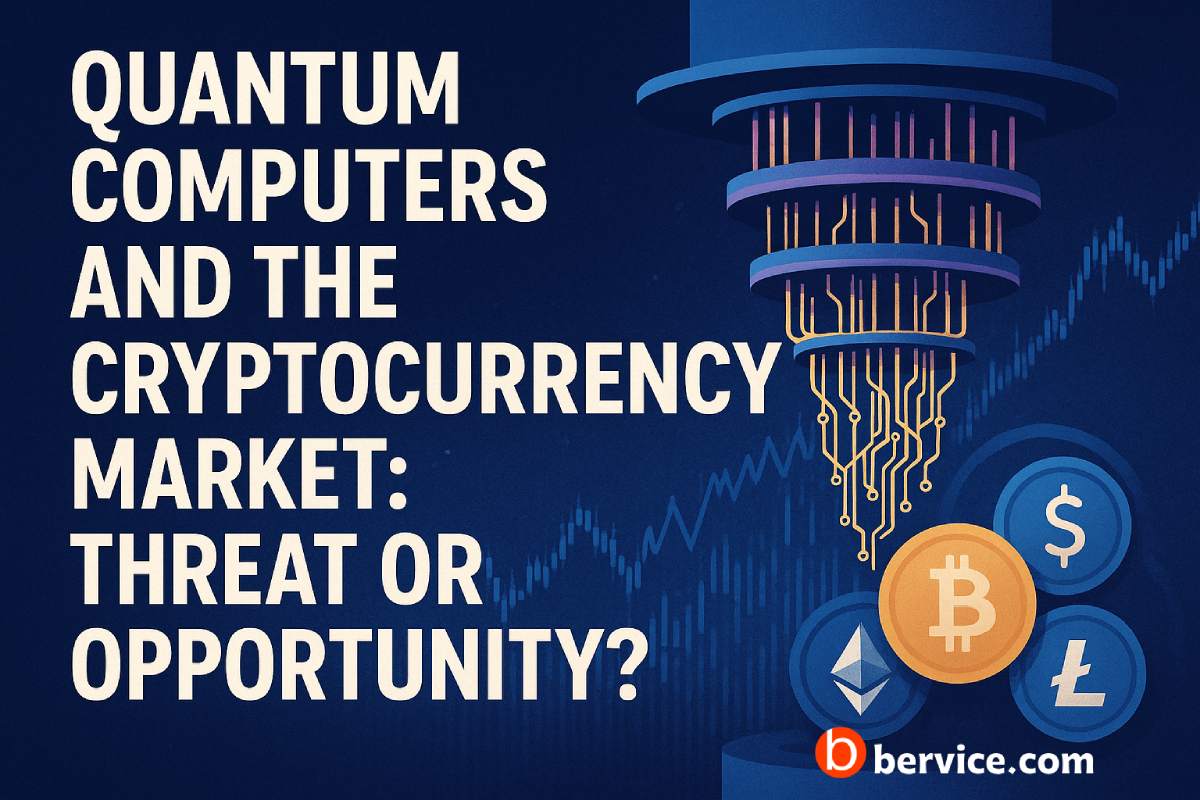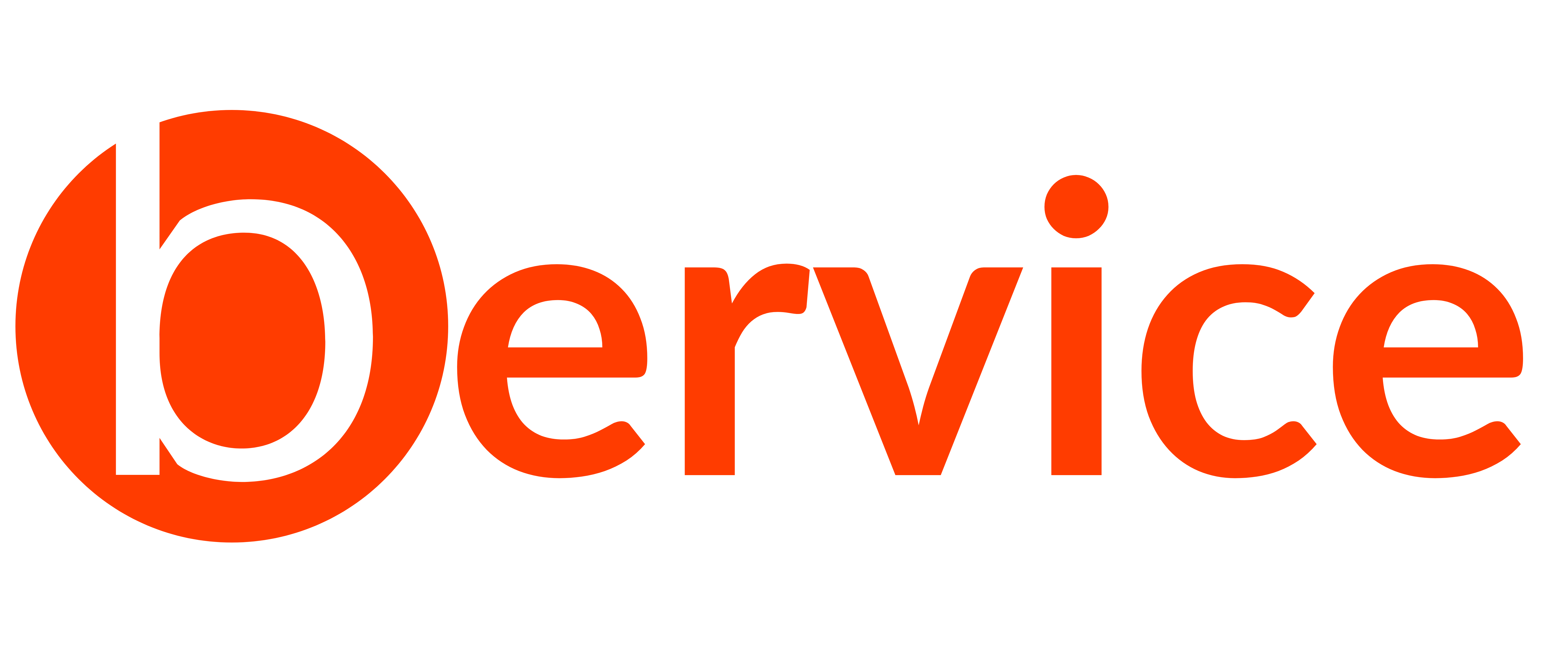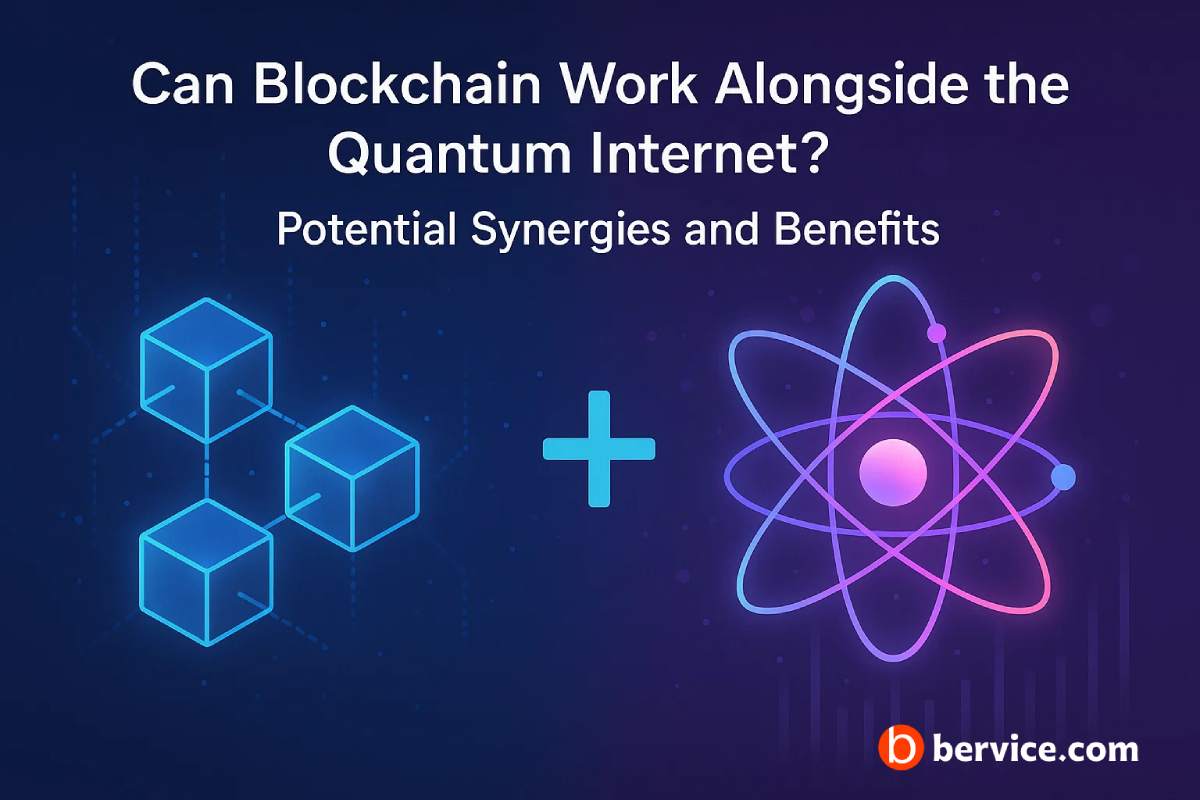
As the world moves rapidly toward an era defined by quantum computing and decentralized technologies, a pressing question emerges: Can blockchain and the quantum internet co-exist, or even thrive together? While quantum computing poses challenges to traditional blockchain encryption, the development of a quantum internet introduces unprecedented opportunities for secure communication, distributed trust, and advanced consensus mechanisms. This article explores how blockchain technology can work in harmony with the quantum internet and the benefits such a combination could offer.
🌐 Understanding the Quantum Internet
The quantum internet is an evolving concept aimed at transmitting quantum information using entangled qubits across vast distances. Unlike the classical internet, which transmits binary data (0s and 1s), the quantum internet leverages quantum phenomena such as superposition, entanglement, and quantum teleportation. This enables ultra-secure communication, since any attempt to intercept the data disrupts the quantum state—making eavesdropping detectable and preventable through Quantum Key Distribution (QKD).
🔗 Blockchain’s Role in a Quantum Future
Blockchain, by design, is a decentralized, immutable ledger that relies on cryptographic principles to ensure trust without centralized control. However, most current blockchains depend on classical cryptography (like RSA, ECDSA, and SHA-256), which could be broken by quantum computers running Shor’s algorithm.
To survive in the quantum age, blockchains must evolve using Post-Quantum Cryptography (PQC) or Quantum-Resistant Algorithms. Yet, beyond just surviving, blockchain can flourish when paired with a quantum internet infrastructure.
🤝 How Blockchain and Quantum Internet Can Work Together
Rather than seeing blockchain and the quantum internet as mutually exclusive, we can envision a symbiotic relationship:
- Quantum-Secure Transactions
Using the quantum internet, blockchain networks can secure communications via quantum key distribution, making it virtually impossible for hackers to intercept or manipulate transaction data during transmission. - Quantum-Enhanced Consensus Mechanisms
Quantum technologies can optimize consensus protocols (like Proof-of-Work or Proof-of-Stake) by reducing communication overhead, increasing speed, and improving synchronization among nodes. - Distributed Quantum Computing for Smart Contracts
Smart contracts could be executed on quantum virtual machines, enabling more complex and efficient on-chain logic, such as solving optimization problems or simulating physical systems. - Quantum Identity for Users and Devices
Blockchain-based identity management can be enhanced through quantum fingerprinting or quantum credentials, ensuring secure, tamper-proof user identification. - Resilient Decentralized Storage
Quantum networks could boost decentralized storage protocols by enabling faster, encrypted data retrieval and transmission with stronger guarantees of data integrity.
🚀 Benefits of Combining Blockchain with the Quantum Internet
Integrating blockchain with quantum internet technology could unlock a range of transformative benefits:
| Benefit | Description |
|---|---|
| Unbreakable Security | Quantum-encrypted channels protect against all known attack vectors. |
| Ultra-Fast Transactions | Reduced latency in block propagation and smart contract execution. |
| Trusted Global Communications | Quantum entanglement allows for secure consensus across continents. |
| Resilient Infrastructure | Quantum + blockchain ensures no single point of failure. |
| Post-Quantum Readiness | Future-proof architecture for the coming quantum era. |
🔮 Future Outlook: Quantum-Native Blockchains
In the coming years, we may witness the emergence of quantum-native blockchains—networks built from the ground up with quantum cryptographic primitives, quantum-resistant consensus, and native support for quantum computing workloads. These systems could redefine what’s possible in finance, supply chains, governance, and data privacy.
Projects like QANplatform, Quantum Resistant Ledger (QRL), and QuNet are already experimenting in this space, indicating strong early momentum. However, widespread adoption will require breakthroughs in quantum hardware, standardized protocols, and interdisciplinary collaboration.
✅ Conclusion
Yes, blockchain can not only survive but thrive alongside the quantum internet. By embracing post-quantum cryptography, leveraging quantum communication, and adapting consensus models, blockchain will continue to serve as the infrastructure of decentralized trust—only now with quantum-level security and scalability.
As both technologies mature, their convergence could usher in a new paradigm of digital infrastructure, laying the groundwork for the next generation of the internet: decentralized, secure, quantum-powered, and global.
Connect with us : https://linktr.ee/bervice
